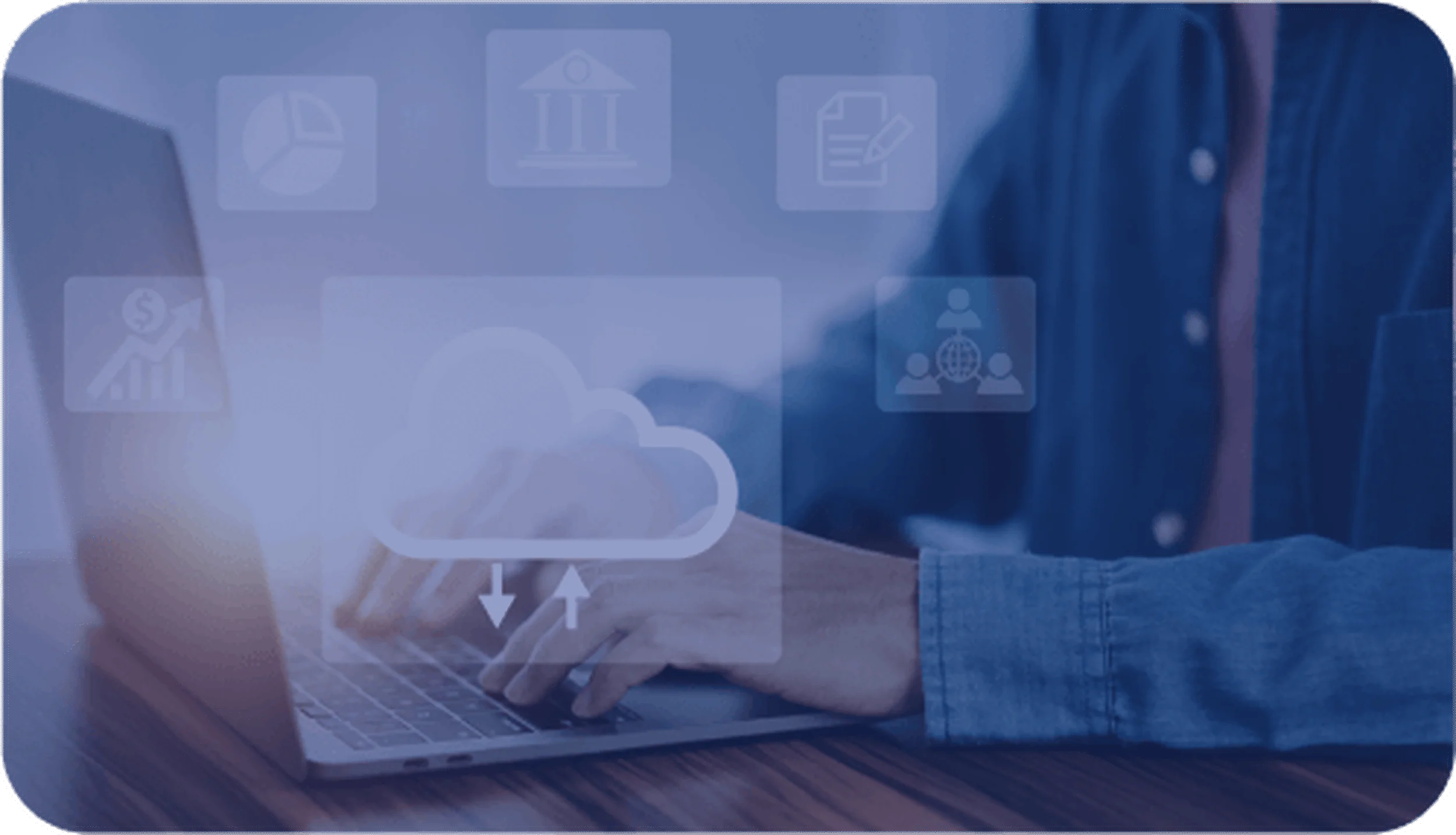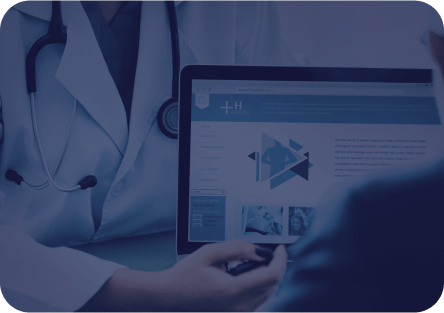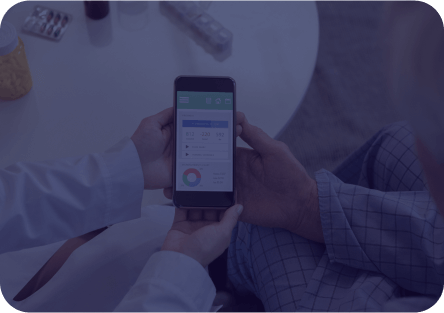Patient Portals


Our solutions provide the ability to scale data storage and analysis capacity as needed. This ensures efficient expansion of storage, processing, and utilization of data insights, allowing organizations to adapt effortlessly to changing demands.

We offer a centralized platform for accessing enterprise data and connecting shared information. This unified location streamlines access to critical data across the organization, enhancing collaboration and decision-making.

Our streamlined process ensures rapid deployment of applications and APIs tailored to specific business use cases. This enables organizations to quickly leverage innovative solutions to meet their unique needs.









